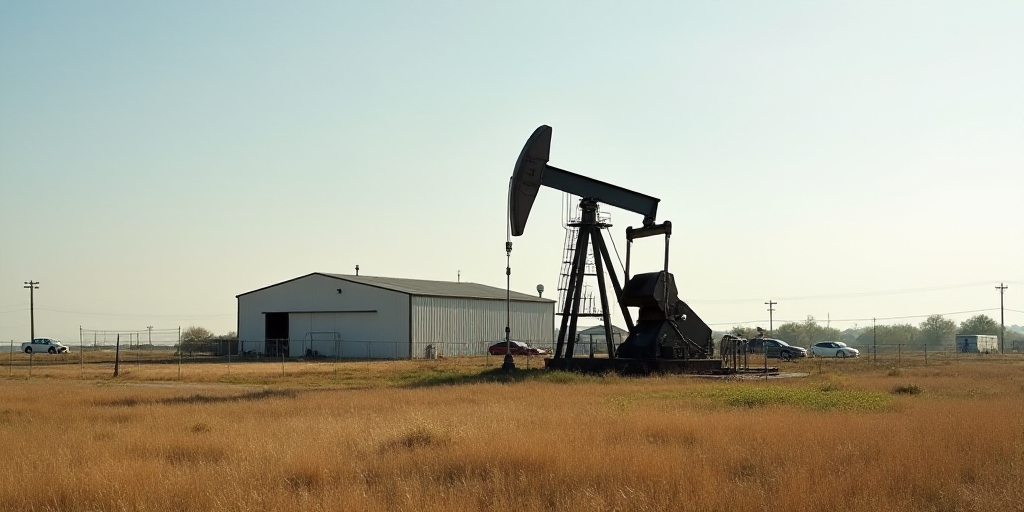Background on Key Figures and Organizations
Iran, a significant oil producer, has recently suspended its cooperation with the International Atomic Energy Agency (IAEA), causing ripples in the global oil market. The Organization of the Petroleum Exporting Countries (OPEC) and its allies, known as OPEC+, are expected to increase oil production in the coming months. This report will explore how these developments impact oil prices.
Current Oil Price Movements
At 4:17 a.m. CDMX time, oil futures were rising on Wednesday:
- Brent crude added 0.9% or 60 cents to $67.71 per barrel.
- West Texas Intermediate (WTI) in the United States increased by 0.8% or 55 cents to $66 per barrel.
Since June 25, Brent has fluctuated between a high of $69.05 and a low of $66.34, as concerns about supply disruptions in the Middle East have lessened following the ceasefire between Iran and Israel.
Iran’s Nuclear Cooperation Suspension
On Wednesday, Iran implemented a law stating that any future nuclear facility inspections by the IAEA require approval from Tehran’s Supreme National Security Council. The country accuses the IAEA of siding with Western nations and justifying Israeli airstrikes.
Giovanni Staunovo, UBS commodity analyst: “The market is pricing in some geopolitical risk premium due to Iran’s actions towards the IAEA, but it’s more of a feeling since there are no supply disruptions for oil.”
OPEC+ Production Increases
Investors have already factored in the anticipated production increases by OPEC+ and its allies, including Russia. According to Priyanka Sachdeva, an analyst at Phillip Nova, it is unlikely that these increases will catch markets off guard imminently.
According to four OPEC+ sources interviewed by Reuters last week, the group plans to boost production by 411,000 barrels per day when they meet on July 6. This amount is similar to the increases agreed upon for May, June, and July.
Staunovo: “We’re all talking about additional supply coming to the market, but it hasn’t really arrived yet. It’s likely being consumed domestically.”
Key Questions and Answers
- Q: How is Iran’s suspension of nuclear cooperation affecting oil prices?
A: Oil prices have experienced slight increases due to geopolitical risk premiums, as the market anticipates potential supply disruptions. However, there are currently no actual supply interruptions.
- Q: What are the expectations for OPEC+ production increases?
A: OPEC+ plans to raise oil production by 411,000 barrels per day at their July 6 meeting. This increase is expected to be absorbed by the market, as domestic consumption in producing countries may offset the additional supply.
- Q: How do current market conditions reflect the balance between supply and demand?
A: Despite anticipated OPEC+ production increases and Iran’s geopolitical tensions, the current market conditions suggest a delicate balance between supply and demand, with prices remaining relatively stable.






